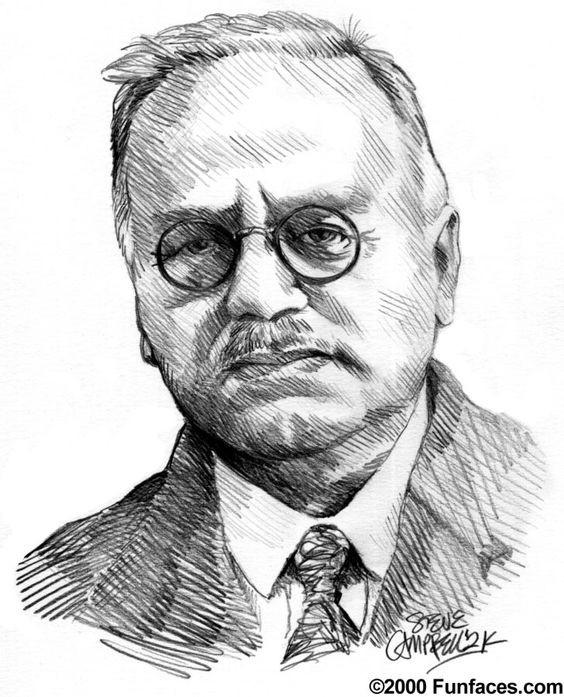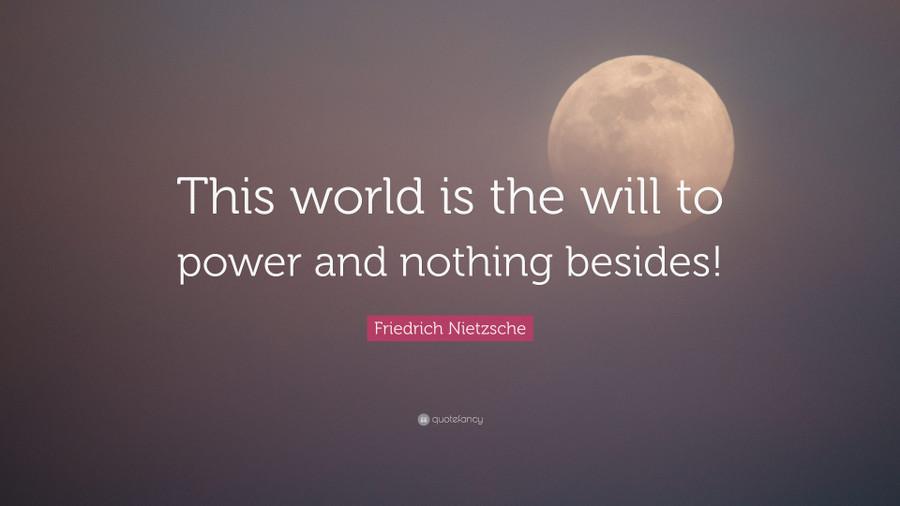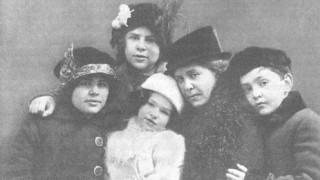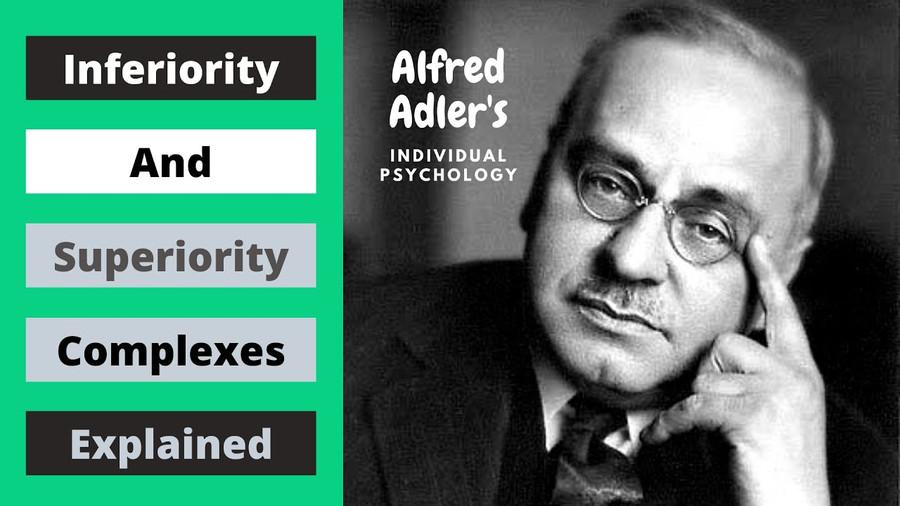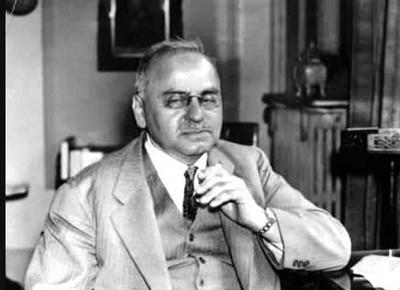Explore the World's Best Ideas
Join today and uncover 100+ curated journeys from 50+ topics. Unlock access to our mobile app with extensive features.
Two decisive forces
Alfred Adler (1870-1937) was a Vienna psychotherapist and medical doctor and founder of individual psychology.
He believed that there were two decisive forces at work in world history and in the life of each individual:
- a striving for power and a social feeling.
Both forces stemmed from man’s upward striving from inferiority to perfection.
3
29 reads
Quest for power
The search for self-esteem can become neurotic as the result of brutal parents or a hostile milieu.
There can be over-compensation as well as a closing in on oneself.
Over-compensation can result in a quest for power.
Striving for self-esteem and power is a natural process, but with over-compensation, the search for power can become the dominant aspect of the personality.
3
16 reads
Will-to-power
Adler had been influenced by the writings of Friedrich Nietzsche who glorified the will-to-power.
For Adler, an over-development of the will-to-power can become a deep seated neurosis.
Only a health balance between the forces of cooperation and the individual will-to-power can make for a harmonious individual and a harmonious society.
3
15 reads
Alfred Adler - an early feminist
After 1897, he joined the socialist circles and became convinced that society helped to create the personality of the individual.
Therefore, for a health personality, there needs to be a healthy society, free from domination.
Adler also saw the need for a society based on equality between men and women, so that the personality of both men and women could develop fully.
2
9 reads
The dominance of the will-to-power over cooperation
At the end of the World War (1914-1918) he felt that the will-to-power dominated the sense of social-feeling and cooperation.
Power-hungry leaders and groups debased mass social feeling by using it as a thirst for dominance.
The social feeling of soldiers during the war was used for battlefield goals with efforts to exclude any social feeling for the enemy.
2
10 reads
When violence is to be committed, it is frequently done by “appealing to justice, custom, freedom, the welfare of the oppressed and in the name of culture.”
ALFRED ADLER
2
14 reads
Developing social feeling
Power-seekers transform social feeling “from an end into a means, and it is pressed into the service of nationalism and imperialism.”
The only way to counter this neurotic sense of power-seeking is to develop preventive methods by developing social feeling and cooperation.
Adler stressed the need for the development of social feeling by developing new, cooperative forms of childhood education within the family and schools.
3
10 reads
The irony of developing social feeling
By 1934, Adler saw that the sense of togetherness in Germany and Austria was going to be used again to create togetherness among a small circle and subverting the use of social feeling by making it a facade for nationalism, racism and imperialism.
3
15 reads
IDEAS CURATED BY
CURATOR'S NOTE
Alfred Adler was an Austrian physician and psychiatrist who is best-known for forming the school of thought known as individual psychology. He is also remembered for his concepts of the inferiority feeling and inferiority complex, which he believed played a major part in the formation of personality.
“
Ade Oane's ideas are part of this journey:
Learn more about psychology with this collection
How to overcome fear of rejection
How to embrace vulnerability
Why vulnerability is important for personal growth
Related collections
Similar ideas
9 ideas
Maslow, Putin, and Ukraine
psychologytoday.com
8 ideas
How Logotherapy Can Help You Find Meaning in Life
verywellmind.com
16 ideas
Adlerian Psychology: 8 Basic Principles
all-about-psychology.com
Read & Learn
20x Faster
without
deepstash
with
deepstash
with
deepstash
Personalized microlearning
—
100+ Learning Journeys
—
Access to 200,000+ ideas
—
Access to the mobile app
—
Unlimited idea saving
—
—
Unlimited history
—
—
Unlimited listening to ideas
—
—
Downloading & offline access
—
—
Supercharge your mind with one idea per day
Enter your email and spend 1 minute every day to learn something new.
I agree to receive email updates


